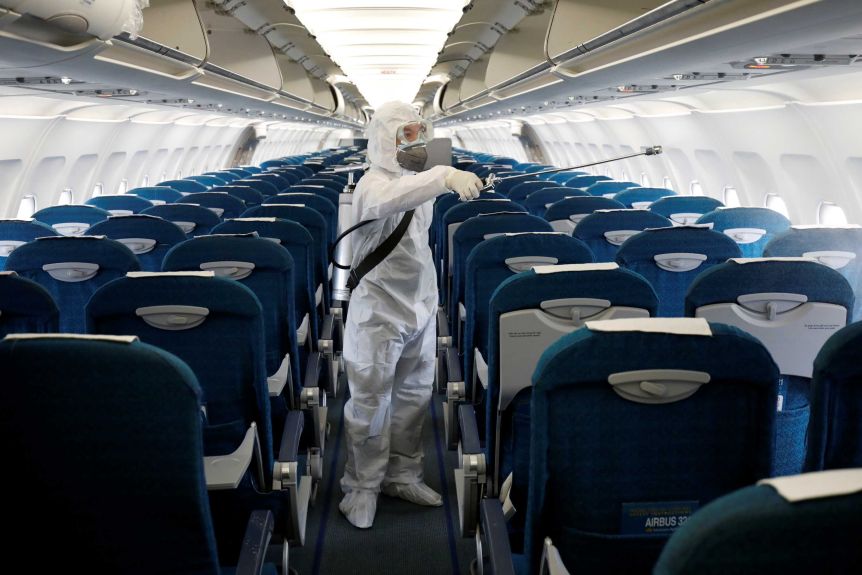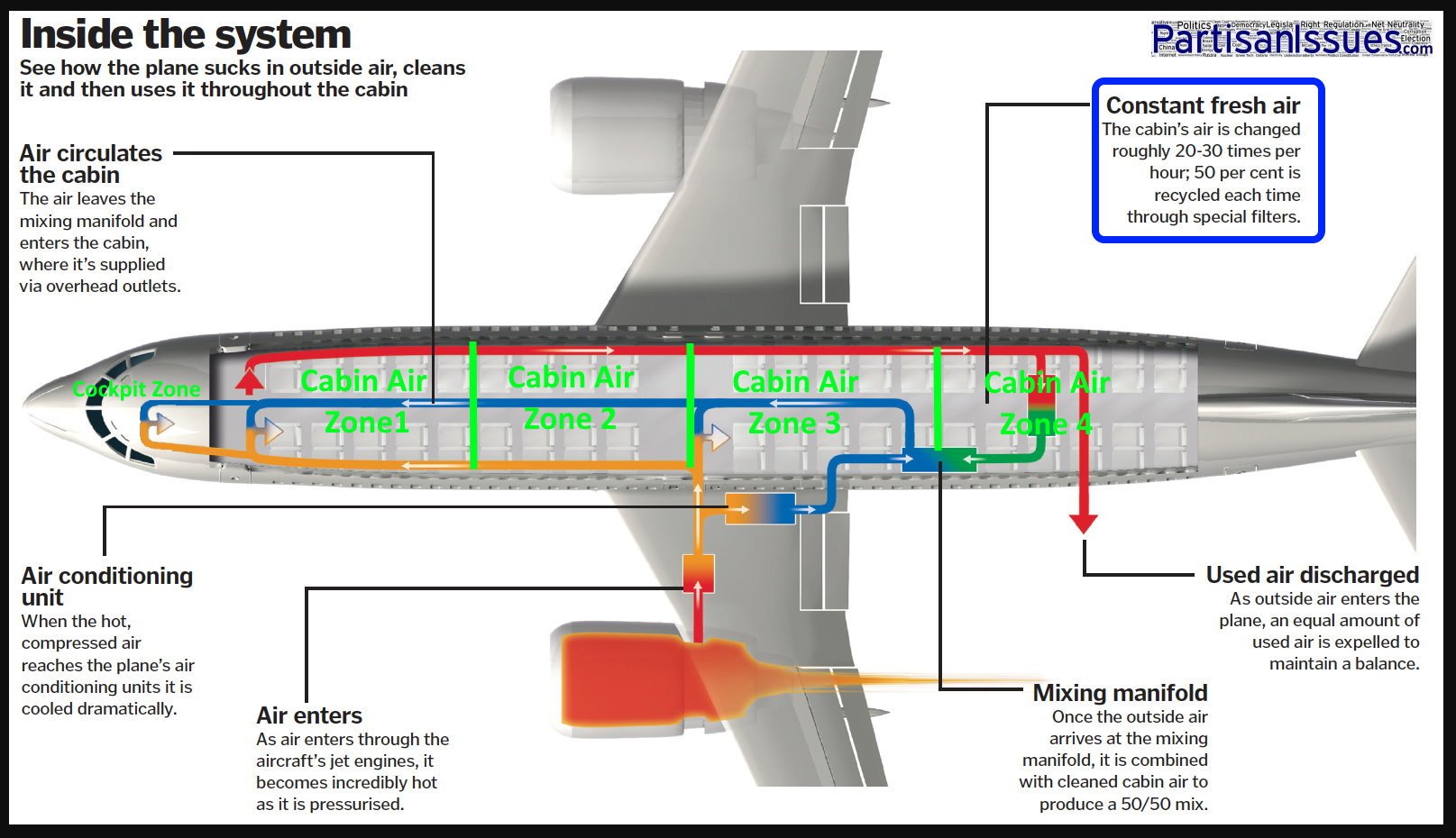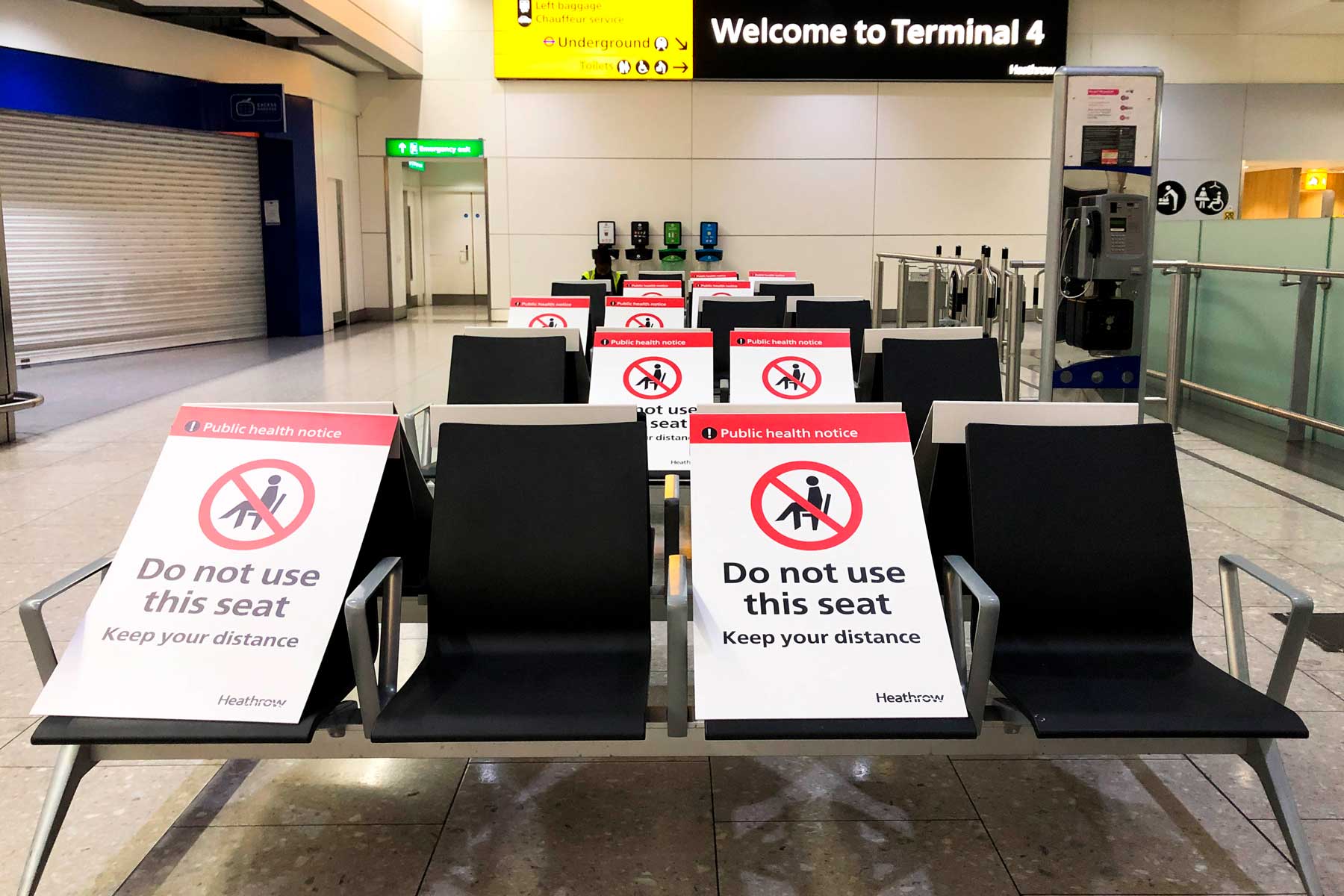
With so much uncertainty surrounding Covid-19 these days, traveling seems like the great unknown. Should we be traveling? If yes – What’s the best way? Plane? Train? Automobile? None of the above? What are some best practices? If no – why not?
If you’re needing to/thinking of traveling by airplane, the odds are in your favor. According to a recent study by Arnold Burnett, who is a professor of management science at the Massachusetts Institute of Technology (MIT), he’s estimated the odds of simply contracting the virus at about 1 in 4,300 people per full, 2-hour plane flight. Those are roughly halved to 1 in 7,700 people if the plane isn’t fully booked and the middle seat is open. And to top it off, the odds of dying as a direct result of contracting the virus while flying are between 1 in 400,000 to 1 in 600,000.
Several airlines have instituted open middle seat policies and almost all major airlines have adopted mandatory mask/facial covering procedures. Air exchange and filtration systems on airplanes are highly advanced, even more so than most hospitals, with the ability to completely replace the air in the cabin 30 times every hour.

While the odds seem low, it’s not a reason to be ill-prepared and not abide by necessary safety precautions. The odds of contracting Covid-19 of course will fluctuate depending on several risk factors, such as your age, health, and if you are sitting next to/near an already infected passenger. Most experts acknowledge you should limit your plan travel if it is non-essential at this time.
Some experts believe that while the risk of contracting Covid-19 while flying is extremely low, the ancillary factors before getting on your flight increase your risk. They recommend avoiding public transportation such as taxis and ride-sharing services, and avoiding large crowds during the check-in process and going through airport security. By practicing social distancing, good hygiene, and taking appropriate caution, you can make your plane travel relatively risk free in these uncertain times.
